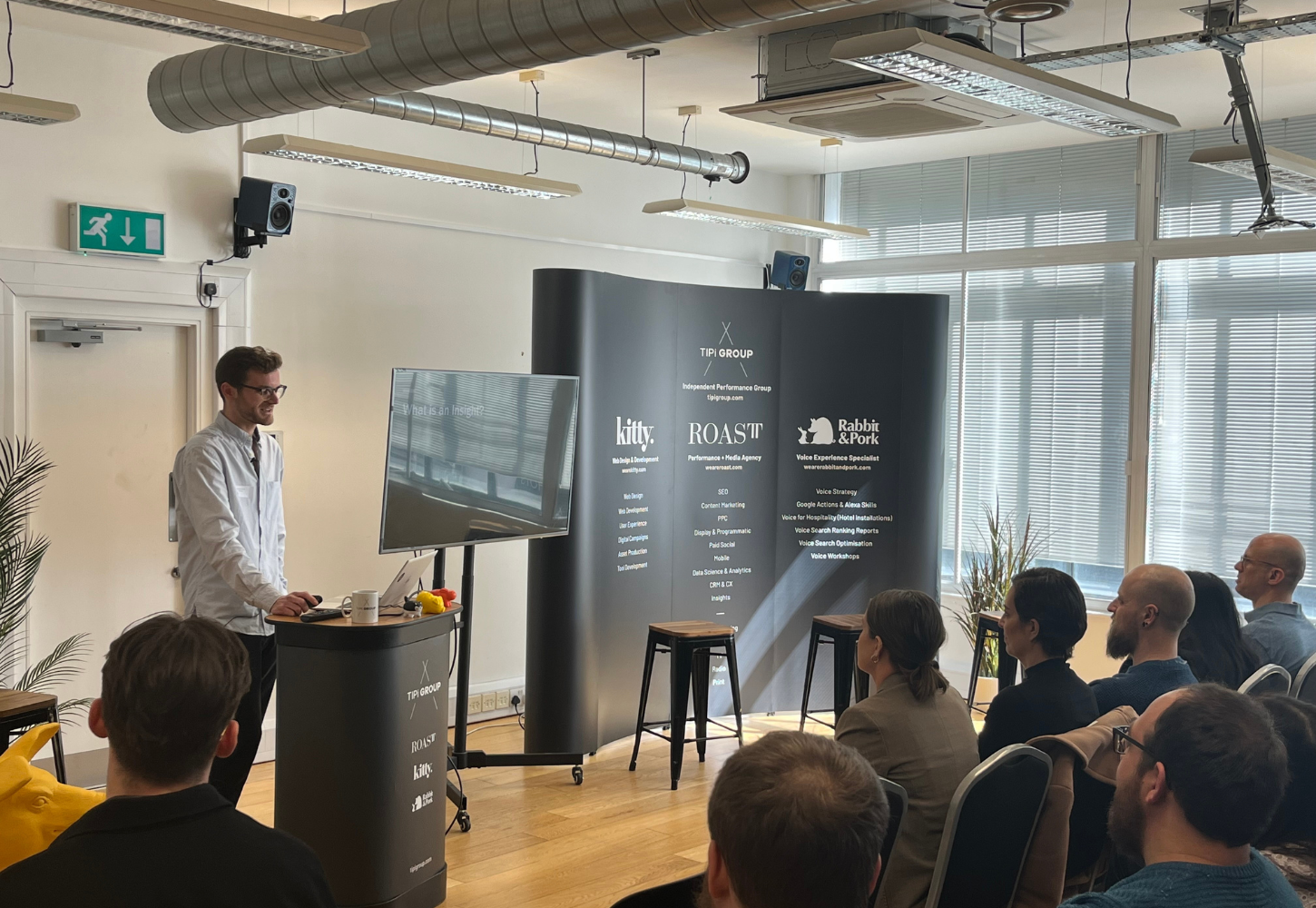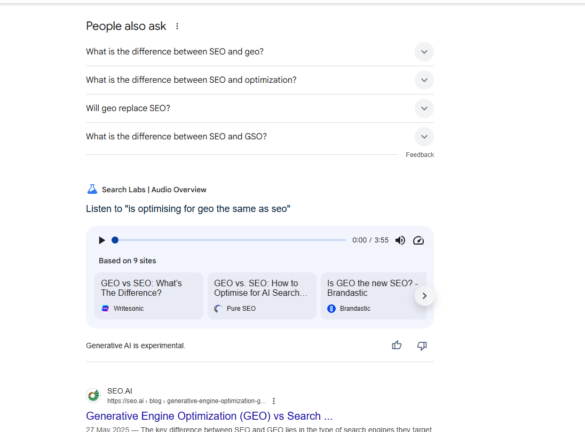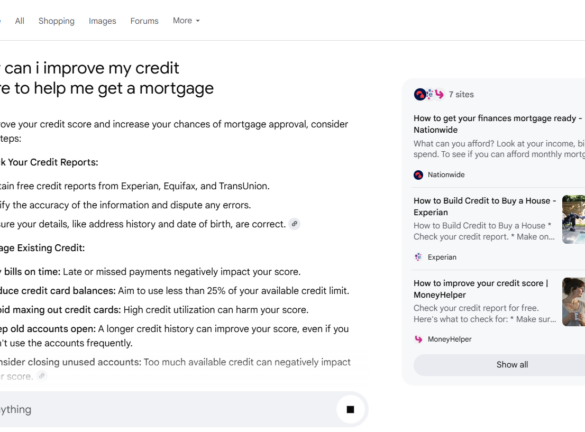
What makes a good Insight, and how can AI help us generate more of them?
Following TIPi Group’s recent Shaping the Future event in which the subject of how emerging AI tools can be used in digital marketing was explored, Jamie Ross-Skinner provides an overview of his presentation on using AI for market research and whether ChatGPT can generate a ‘good’ insight.

What makes a good Insight?
Advertising legend Jeremy Bullmore once asked; ‘Why is a good Insight like a refrigerator?’
The answer is, of course, ‘Because the moment you look into it, a light comes on.’
I agree with Jeremy: good Insights should illuminate.
We live in a world where we’re inundated with so-called ‘Insights’. They’re fired out by media owners, agencies, ad platforms, and LinkedIn gurus, landing in our inboxes with disconcerting frequency.
But I would argue that most of this content barely qualifies as an ‘Insight’. So, what actually is an Insight? Let’s start with defining what it’s not…
Research is not Insight. But an Insight is usually the product of research.
Data is not Insight. But an Insight is usually informed by data.
An Insight is, again to quote Bullmore, ‘A new understanding, probably of human behaviour or attitude, as a result of which action may be taken and an enterprise more effectively conducted.”
A good Insight must fulfil four criteria; they must be True, Original, Memorable and Actionable.
If your Insights are meeting these criteria, they’re likely to inspire great strategies which, if executed correctly, will lead to excellent results.
Can ChatGPT generate good Insights?
So now we know what a good Insight is, we can now investigate ChatGPT’s ability to generate them.
Simply asking ChatGPT questions is not a good way to do research. As a language model, not a research tool, ChatGPT returns answers that sound right but are often not actually correct.
It falls short on all four of our criteria for generating great Insights:
- It fails to Be True by returning factual inaccuracies.
- It fails to Be Original because it is only able to reorder the content that it has ingested.
- It fails to Be Memorable by being overly verbose.
- It fails to Be Actionable, by falling short on the three above criteria. ChatGPT Insights could be actioned, but if they’re not True in the first place then it is not recommended.
The level of plausibility lent to its answers by the quality of the language with which it responds is dangerous, so, we advise you to avoid thinking of ChatGPT as a search engine or research tool – instead, think of it as a writing tool.
The role of AI in Research and Insights
ChatGPT and AI more broadly may not be able to generate killer Insights quite yet, but they can be used as valuable research assistants and are well suited for labour-intensive tasks such as Localisation, Data Cleaning, Survey Programming, Analysing Qualitative data, and Social Listening.
Brands are already leveraging this technology. L’Oréal, for example, have developed an AI system that analyses millions of online conversations, images, and videos from 3,500 online sources including social platforms, cosmetic-focused online publications, and blogs. It unearths new trends so that L’Oréal’s innovation and marketing teams can stay in-touch with consumers ahead of competitors. (source)
In conclusion, AI can help us uncover more great Insights
AI is not about to take our jobs, but it is useful for repetitive, time-consuming tasks and helping us to crunch data. For now, it is all about embedding AI into existing tools and processes, allowing more data to be gathered and analysed, at lower cost and faster speeds.
If we do this right, it will allow us more time and mental bandwidth to provide real value with great Insights.





